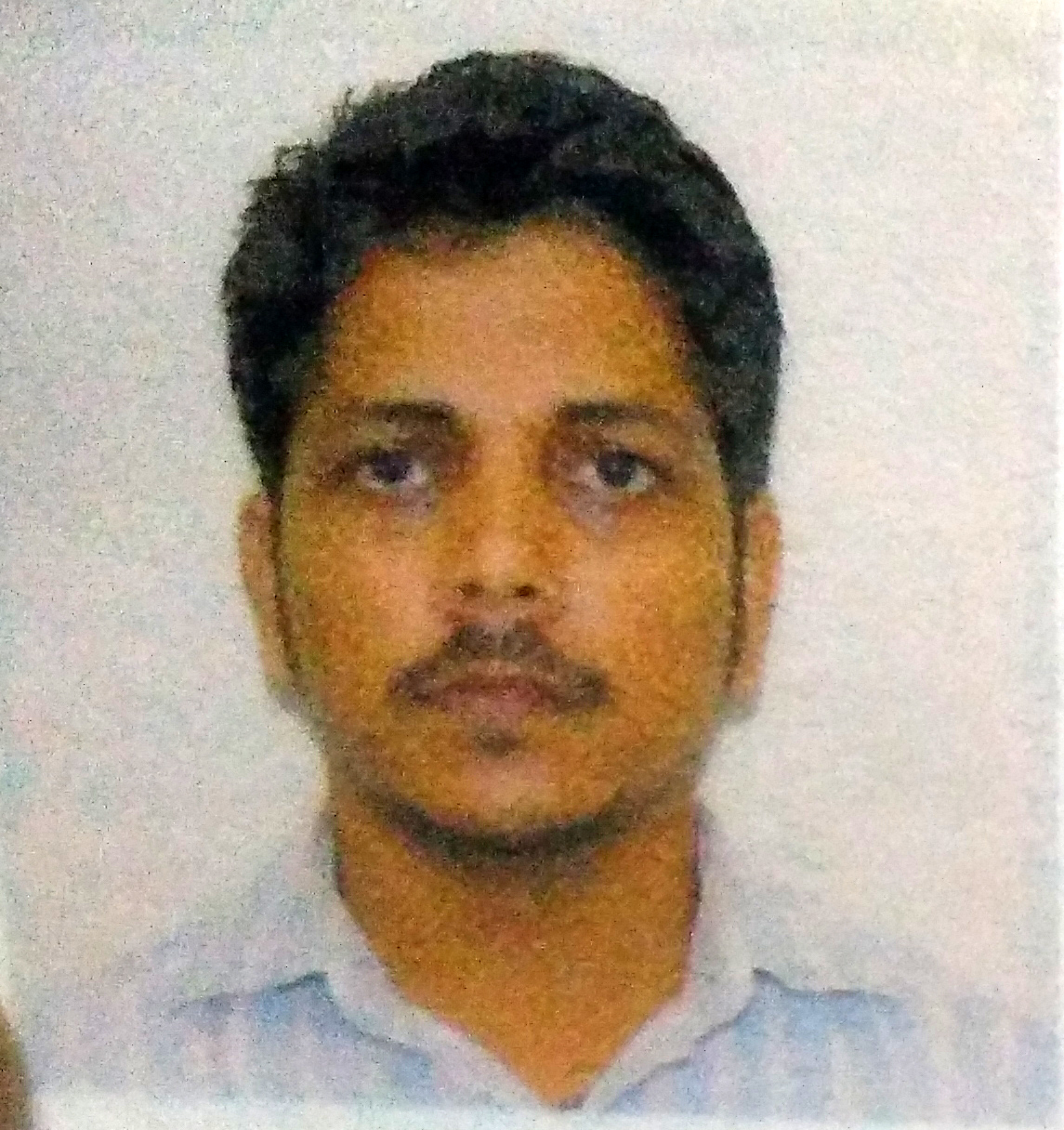India’s government has been putting more focus lately on enhancing marine production and empowering fisherman, but a newly published report shows that the sector is drastically underinsured.
The government’s Central Marine Fisheries Research Institute (CMFRI)’s study noted that insurance coverage was poor across India’s marine fisheries and aquaculture industries, and pointed out that the sector’s insurance coverage has received little attention at either the central or state level.
The study, published in the journal Marine Policy, interviewed participants in both the capture and culture sectors in 14 fishing centers in Kerala, Tamil Nadu, Andhra Pradesh, Gujarat, and Odisha, and among the fish farmers in Kerala and Tamil Nadu.
It found that currently, few insurance options exist for India’s fishermen, except for a handful of public insurance companies and cooperative bodies at the local level with a limited scale of activity, despite increasing risks facing Indian fishers from climate change and other environmental issues. Insurance coverage of income risks owing to decline of fish stocks and price risks due to market price fluctuations were not reported by any of the respondents of the survey.
In fact, the study found that no insurance policy exists in the country for risks such as large-scale decline in the stock of fish species, damage of sea cages, loss of fish crops, or damage to farm structures. It also found only limited-scale coverage of issues such as loss and damage to fishing vessels and gear. And coverage of personal accidents to marine fishermen was only widespread in the southern states of Kerala and Tamil Nadu.
The study also found that vessel insurance is minimal compared to accident insurance. The adoption of vessel insurance in three southern states (Kerala, Tamil Nadu, and Andhra Pradesh) was found to be very low, except in Alappuzha district in Kerala, where 50 percent of fishermen had coverage. However, the adoption of personal or group accident insurance was high in Kerala, with 80 percent or more of the respondents from the four selected districts in the state were insured.
The study found that the overall level of adoption of insurance in the aquaculture sector was also very low. None of the farmers involved in freshwater and brackish water aquaculture in Kerala and Tamil Nadu who were contacted for the study said they had any sort of insurance coverage against common risks in the sector.
The CMFRI said the underinsurance crisis was mainly due to a lack of awareness among the fishing community about the need and benefits of insurance, as well as a trust deficit between insurance companies and fishermen. A third cause was a lack of interest from private sector in participating in the insurance market for the fisheries sector. A secondary issue was “general discontent” among fishermen and fish farmers about high insurance premiums, the unavailability of custom-made insurance products, and the cumbersome insurance claim settlement process, the study reported.
However, CMFRI scientist Shinoj Parappurathu, who was the lead author of the study, said he had hope that by working together, businesses and India’s government could help bridge the insurance gap, especially through the application of recent technological advancements.
"Technology can play a vital role in improving efficiency, bringing transparency and reducing moral hazards in fishery insurance. Latest developments in the field of Information Communication Technology (ICT) could also be harnessed to increase efficiency and simplify the procedures,” Parappurathu said. “Inputs collected using geospatial tools and protocols could be utilized for compensating damages to coastal assets of fisherfolk, marine cages, and aquaculture farms. Such data would be valuable for the insurance companies to verify insurance claims by affected beneficiaries.”
As possible solutions, the study proposed the government encourage the entry of new players in the insurance market through incentives. It also called for the encouragement of more grassroots-level organizations such as fishery cooperatives, NGOs, and boat-owner associations to function as intermediaries or partners for insurance administration. The study also called for more support of micro-insurance initiatives among India’s fishing communities by upping the flexibility of insurance schemes through options such as payment-in-installment plans and partial coverage, along with developing a cadre of rural agents and service providers trained to educate rural areas of the benefits of insurance coverage.






